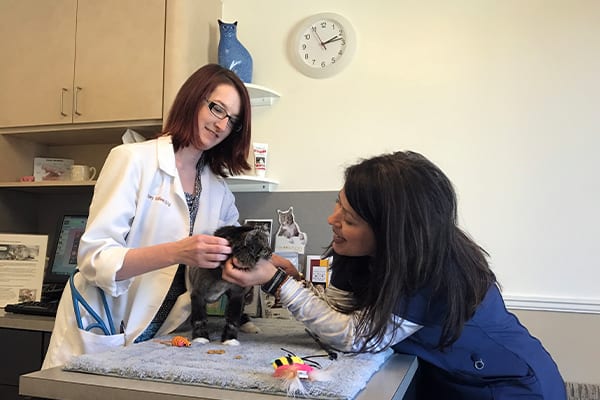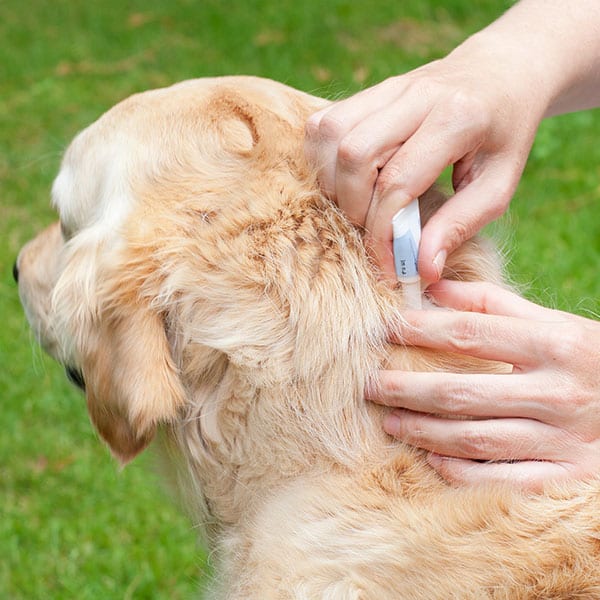
Pet Parasite Prevention in Canton, GA
Our pets are vulnerable to a number of different parasites that can transmit nasty diseases. Fleas, ticks, heartworms, and intestinal parasites can all wreak havoc on our pet’s health without us even noticing. Parasite prevention is extremely important because it not only prevents parasitic diseases, but can keep the bugs from biting in the first place.
Pet Parasite Prevention Options
We offer several parasite prevention options to keep your pet safe and healthy. Our recommended products include:
- NexGard (fleas and ticks)
- Heartgard (heartworm and intestinal parasites)
- ProHeart (injectable, for heartworm and intestinal parasites)
- Revolution (for cats, protects against all parasites)
*Please note: Nexgard, Heartgard, ProHeart 6, PoHeart 12, and Revolution are prescription medications. A current exam is needed in order to purchase/administer treatment.
It is very important that you purchase your pet’s parasite preventatives directly through your veterinarian. All of our products are fully guaranteed, up-to-date, and stored under the proper conditions. Over-the-counter products may be expired or counterfeit, and can be harmful to your pet.

